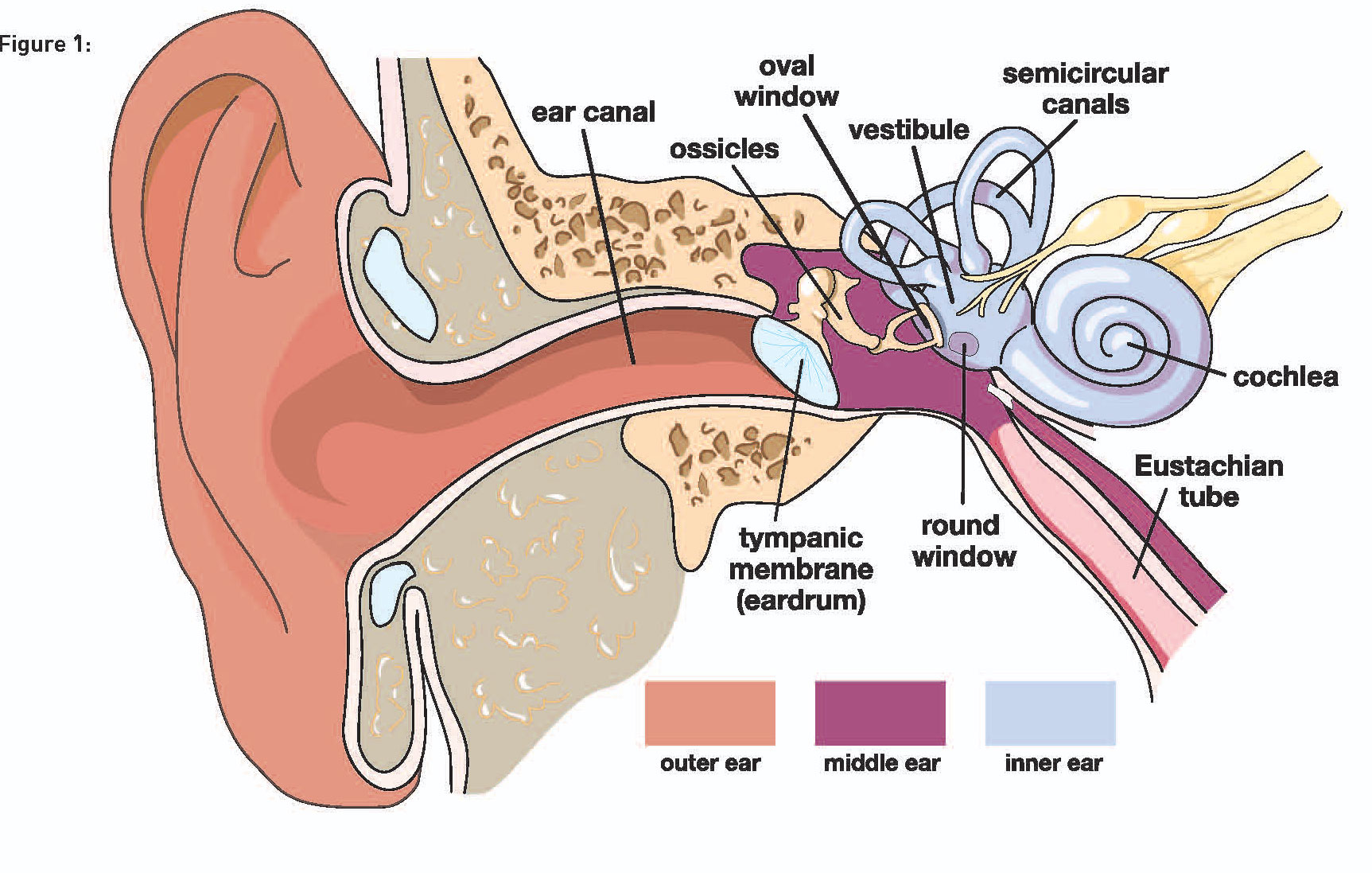Middle ear dizziness treatment encompasses a range of approaches to alleviate the discomfort and instability caused by middle ear disorders. This condition, often characterized by vertigo and imbalance, can significantly impact daily life. Understanding the causes, diagnostic procedures, and treatment options is crucial for effective management.
Middle ear dizziness, also known as vestibular dysfunction, arises from disruptions in the vestibular system, which is responsible for balance and spatial orientation. Various underlying medical conditions can affect this system, leading to symptoms such as dizziness, vertigo, nausea, and hearing loss.
Causes of Middle Ear Dizziness

Dizziness associated with the middle ear can arise from various underlying medical conditions that affect the delicate structures within this region.
One common cause is Eustachian tube dysfunction, which occurs when the Eustachian tube, responsible for equalizing pressure between the middle ear and the environment, becomes blocked or malfunctioning. This can lead to a buildup of fluid in the middle ear, causing pressure and dizziness.
Otitis Media
Another cause is otitis media, an infection of the middle ear. When the middle ear becomes infected, it can lead to inflammation, fluid buildup, and pressure changes, resulting in dizziness.
Meniere’s Disease
Meniere’s diseaseis a chronic condition that affects the inner ear and can cause episodes of dizziness, hearing loss, and tinnitus (ringing in the ears). It is believed to be caused by a buildup of fluid in the inner ear, leading to pressure changes and dizziness.
Diagnostic Procedures
Diagnosing middle ear dizziness involves a combination of physical examinations and imaging techniques.Physical examinations, such as otoscopy and tuning fork tests, help assess the condition of the ear and identify any visible abnormalities. Otoscopy involves using a lighted instrument to examine the ear canal and eardrum, while tuning fork tests evaluate hearing function and the ability of the ear to conduct sound.Imaging
techniques, like CT scans and MRIs, provide detailed cross-sectional images of the ear and surrounding structures. These scans can help identify structural abnormalities, such as tumors, cysts, or blockages, that may be causing the dizziness.
Imaging Techniques
Imaging techniques play a crucial role in diagnosing middle ear dizziness by providing detailed anatomical information.
- *CT scans (computed tomography) use X-rays to create cross-sectional images of the ear, revealing bony structures and any abnormalities in the middle ear cavity.
- *MRIs (magnetic resonance imaging) utilize magnetic fields and radio waves to produce high-resolution images of soft tissues and nerves, allowing for the detection of tumors, cysts, or other abnormalities that may not be visible on CT scans.
Treatment Options

Treatment for middle ear dizziness depends on the underlying cause and severity of symptoms. Conservative measures may suffice for managing mild cases, while surgical interventions may be necessary to address structural abnormalities.
To alleviate middle ear dizziness, one can consider consulting a healthcare professional for proper diagnosis and treatment. If you’re interested in learning more about cultivating plants in water, I recommend exploring Hydroponics Education: A Comprehensive Guide to Growing Plants in Water . This guide provides valuable insights into the fascinating world of hydroponics.
Afterward, you can return to your pursuit of effective remedies for middle ear dizziness.
Conservative Treatments, Middle ear dizziness treatment
Conservative treatments aim to relieve symptoms and promote healing without surgery. These may include:
- Rest:Adequate rest can help reduce symptoms by allowing the inner ear to recover.
- Hydration:Staying well-hydrated helps maintain proper fluid balance in the inner ear.
- Medications:Over-the-counter pain relievers, such as ibuprofen or acetaminophen, can help reduce inflammation and discomfort. Anti-nausea medications may also be prescribed to control dizziness.
Surgical Interventions
Surgical interventions may be necessary if conservative treatments fail to resolve symptoms or if there is an underlying structural issue. These procedures include:
- Tympanostomy tube placement:A small tube is inserted into the eardrum to drain fluid and equalize pressure in the middle ear.
- Stapedectomy:A surgical procedure to replace a damaged or fused stapes bone, which is involved in sound transmission.
Rehabilitation and Prevention: Middle Ear Dizziness Treatment

Rehabilitation and prevention strategies play a crucial role in managing middle ear dizziness. By engaging in targeted exercises and implementing lifestyle modifications, individuals can improve their stability, reduce the severity of dizziness, and prevent future episodes.
Vestibular Rehabilitation Exercises
Vestibular rehabilitation exercises are designed to strengthen the vestibular system and improve balance. These exercises involve movements that stimulate the inner ear and help the brain adapt to changes in head position.
- Head movements:Gentle head turns, tilts, and rolls help improve the vestibular system’s response to head movements.
- Eye exercises:Focus on objects at different distances and perform eye-tracking exercises to enhance visual stability.
- Balance training:Standing on one leg, walking on uneven surfaces, and performing balance exercises on a balance board or wobble cushion challenges the vestibular system and improves stability.
Lifestyle Modifications
Certain lifestyle modifications can help prevent recurrence of middle ear dizziness.
- Avoid triggers:Identifying and avoiding triggers that induce dizziness, such as certain head movements, bright lights, or stressful situations, can help reduce episodes.
- Manage stress:Stress can exacerbate dizziness, so engaging in stress-reducing activities like yoga, meditation, or deep breathing exercises can be beneficial.
- Maintain a healthy lifestyle:Regular exercise, a balanced diet, and adequate sleep promote overall well-being and can contribute to better balance and reduced dizziness.
Conclusion

Managing middle ear dizziness requires a comprehensive approach that addresses both the underlying cause and the symptoms. Treatment options range from conservative measures like rest and medication to surgical interventions for more severe cases. By working closely with healthcare professionals, individuals can effectively manage their symptoms and improve their overall well-being.
